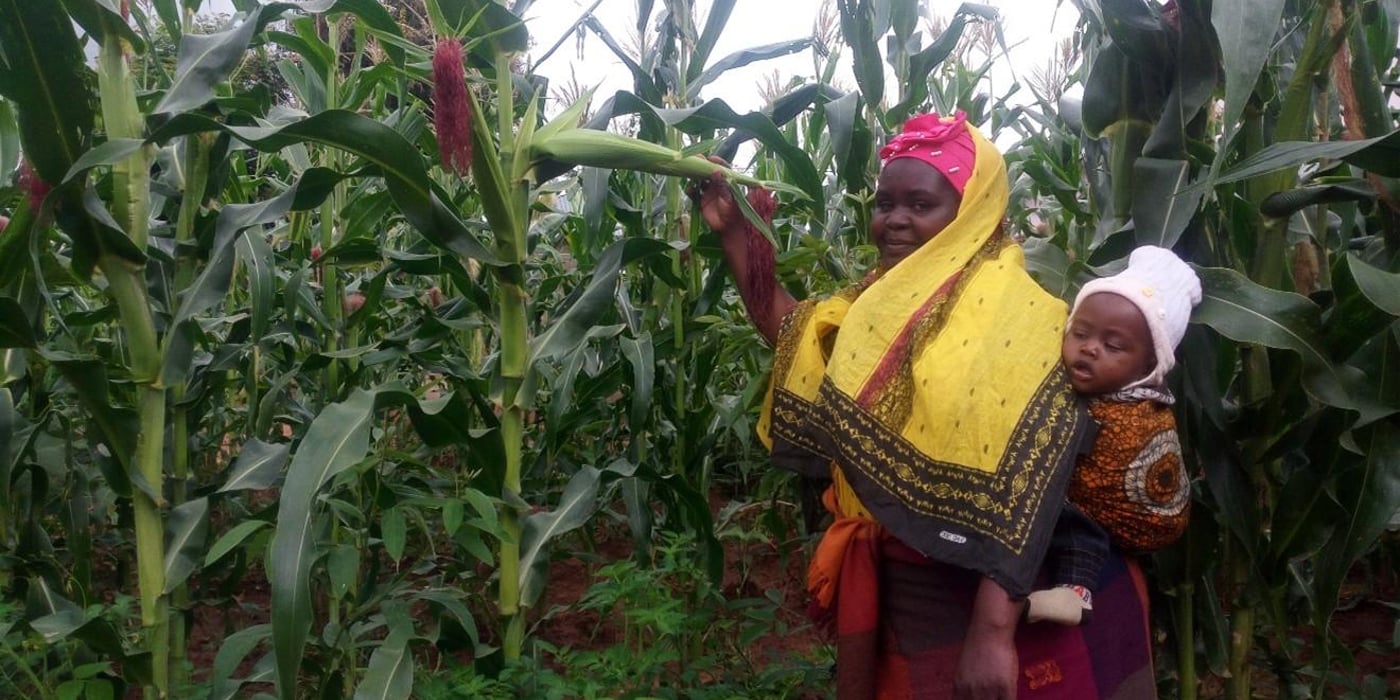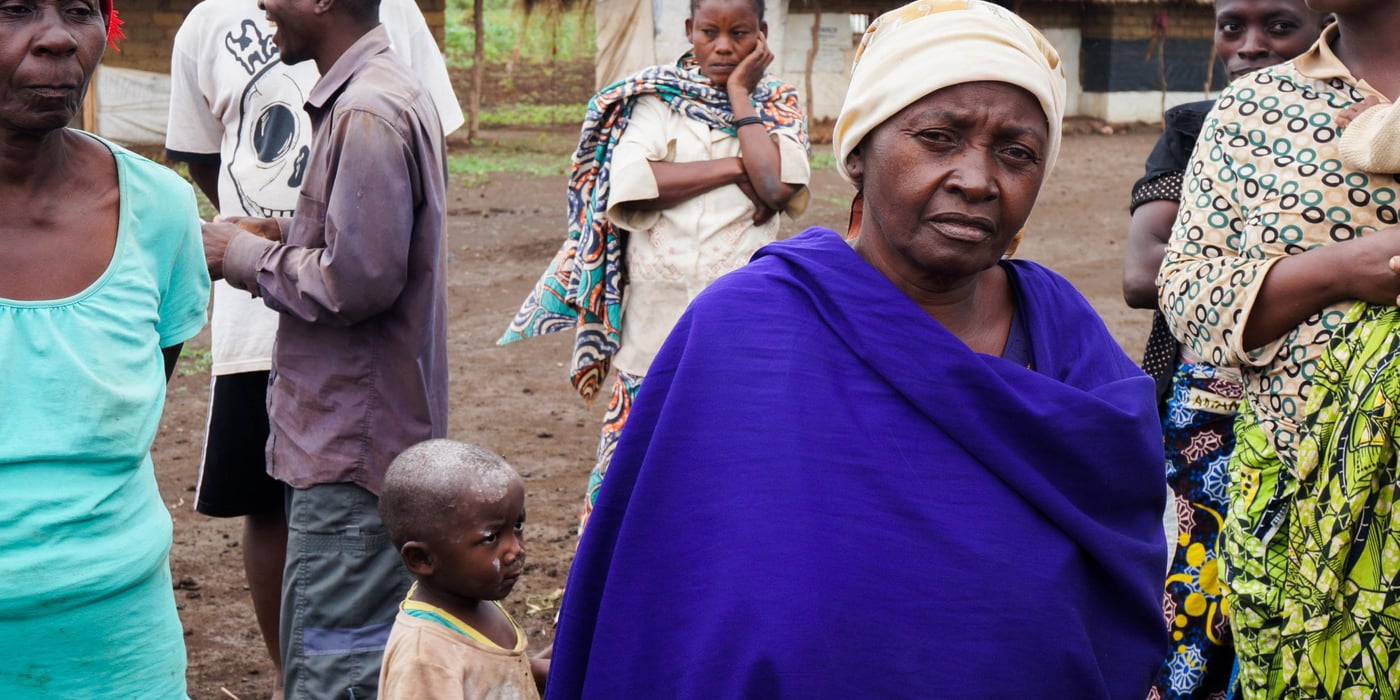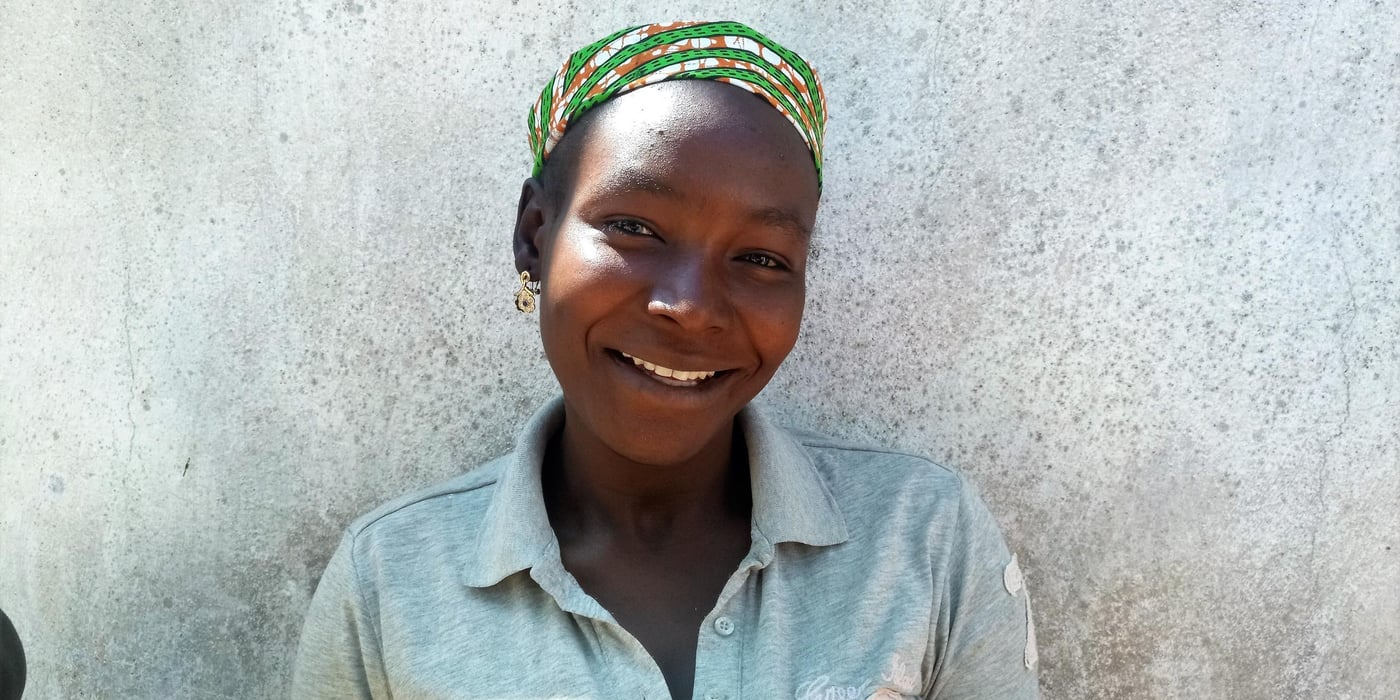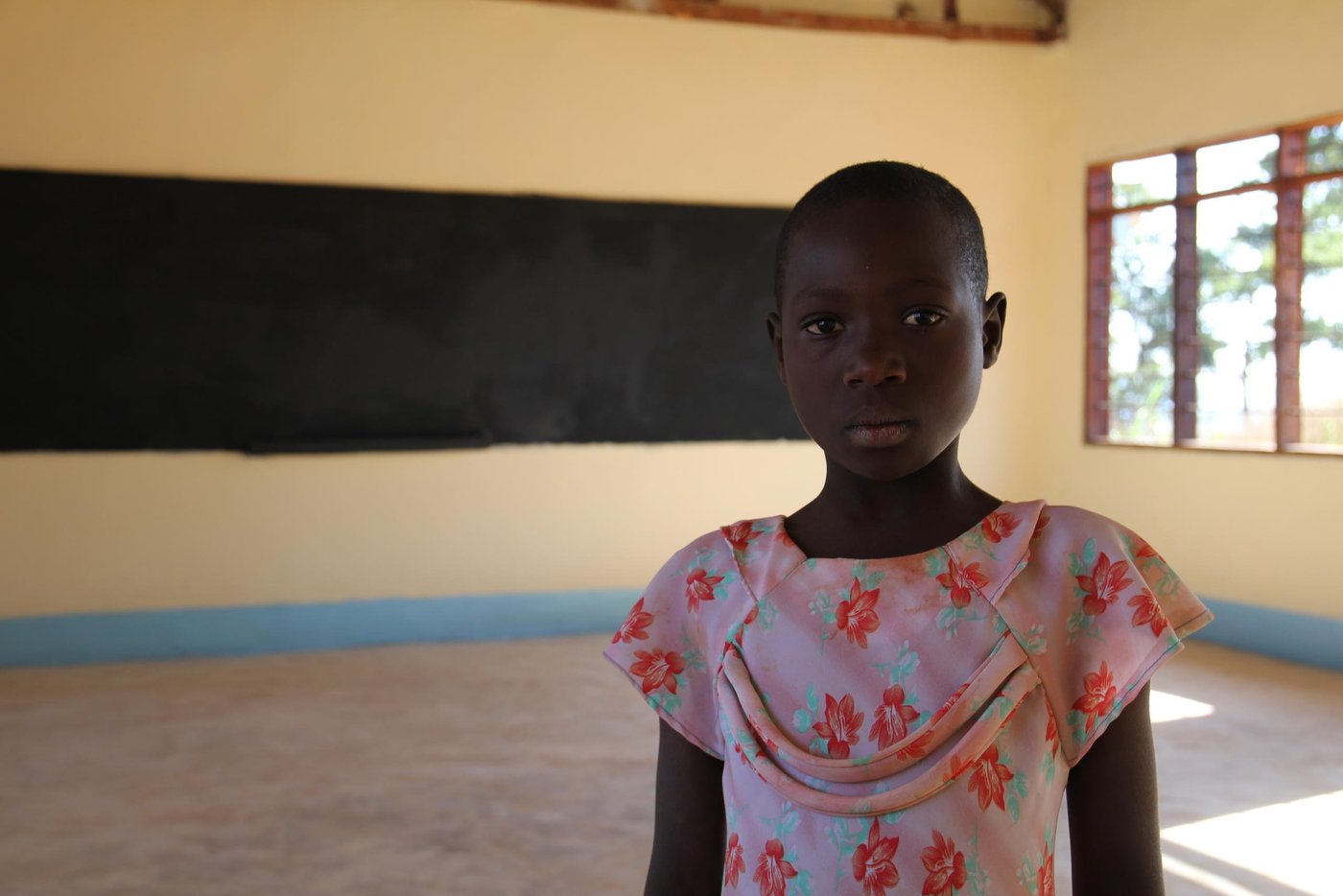
Along with hundreds of thousands of Burundians, she has sought safety in Tanzania with her family.
A dangerous journey
“It was around 11pm. We were sleeping,” Diane’s mother, Josiane, recounts. “Suddenly we heard noises outside. Some armed people had surrounded our house.”
A male voice called her husband’s name and demanded that he step outside. Josiane says: “He obliged. They grabbed him and dragged him into the darkness.”
This was the beginning of a dangerous journey for the family, who, like many other Burundians, lost a father and a husband to violence fuelled by political division.
Diane was devastated and traumatised by the time she arrived with her family in Mtendeli refugee camp, in Tanzania’s north-western Kigoma region. Her school and her best friend were long behind her.
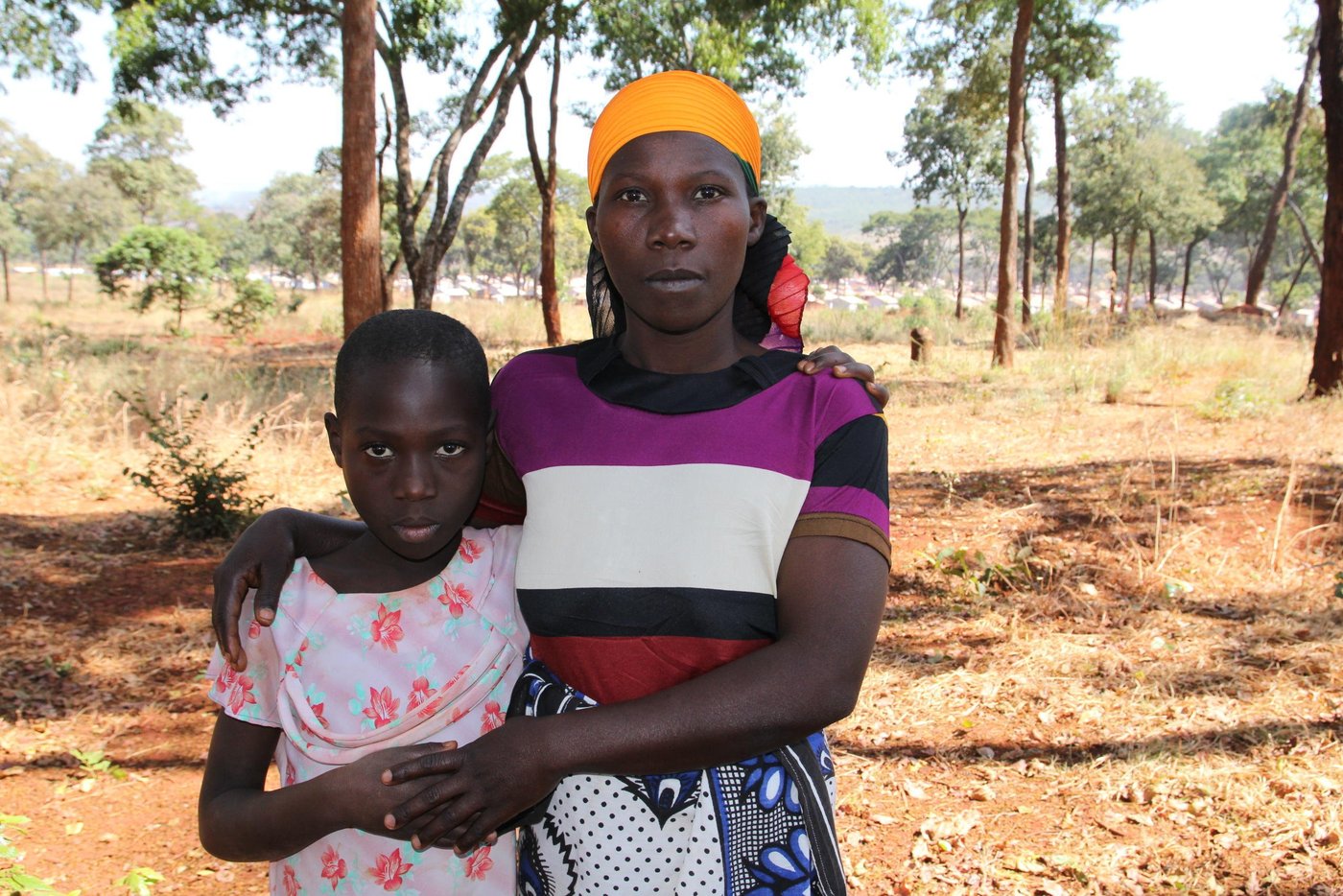
Dismal camp conditions
In Mtendeli camp, to Diane’s dismay, there were no schools. Nor were there books or pens for her to study on her own.
These shortages are not just in Mtendeli camp. Throughout the region, refugee camps quickly filled and have been well over capacity for some time. The conditions are dire.
“There’s not enough space to provide the minimum safety and privacy that every person deserves,” explains Carolina Lucia Mansur, the Norwegian Refugee Council’s (NRC) camp management expert in Tanzania. “Fulfilling daily activities like education, sleeping, washing and dressing can become a real challenge.”
The inability to educate these children, who make up half of the total residents, is a pressing issue. In these camps, refugee children gather in large groups, up to three hundred apiece, to try to learn from volunteer teachers in the woods. Their chairs are stones and their blackboards are the dirt.
There’s not enough space to provide the minimum safety and privacy that every person deserves. Fulfilling daily activities like education, sleeping, washing and dressing can become a real challenge.”
A new school
NRC is building a primary school in Mtendeli refugee camp for children without proper classrooms, as well as a youth education centre. The school construction is funded by the Norwegian Ministry of Foreign Affairs.
The primary school is being built near Diane’s home, so she’ll have no trouble going to school. Her excitement is mounting, and her impatience grows. She and her friends frequently visit the construction site to monitor the progress.
“I hope I will get teachers who make me laugh, like those that I had in Burundi,” says Diane. “I want to study very hard so I can become a teacher, too.”
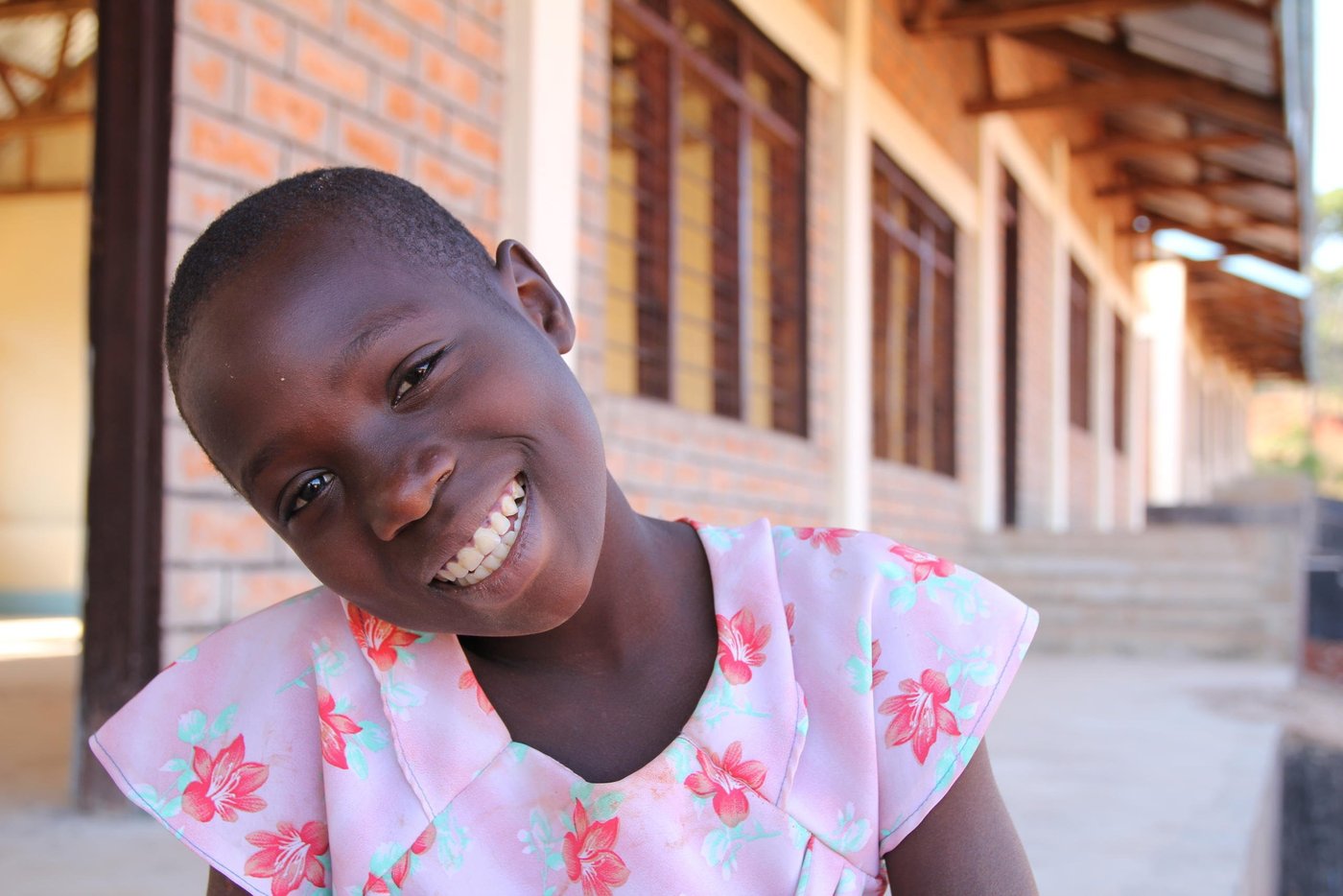
See our Tanzania country page for more information on NRC’s operation throughout the country.


